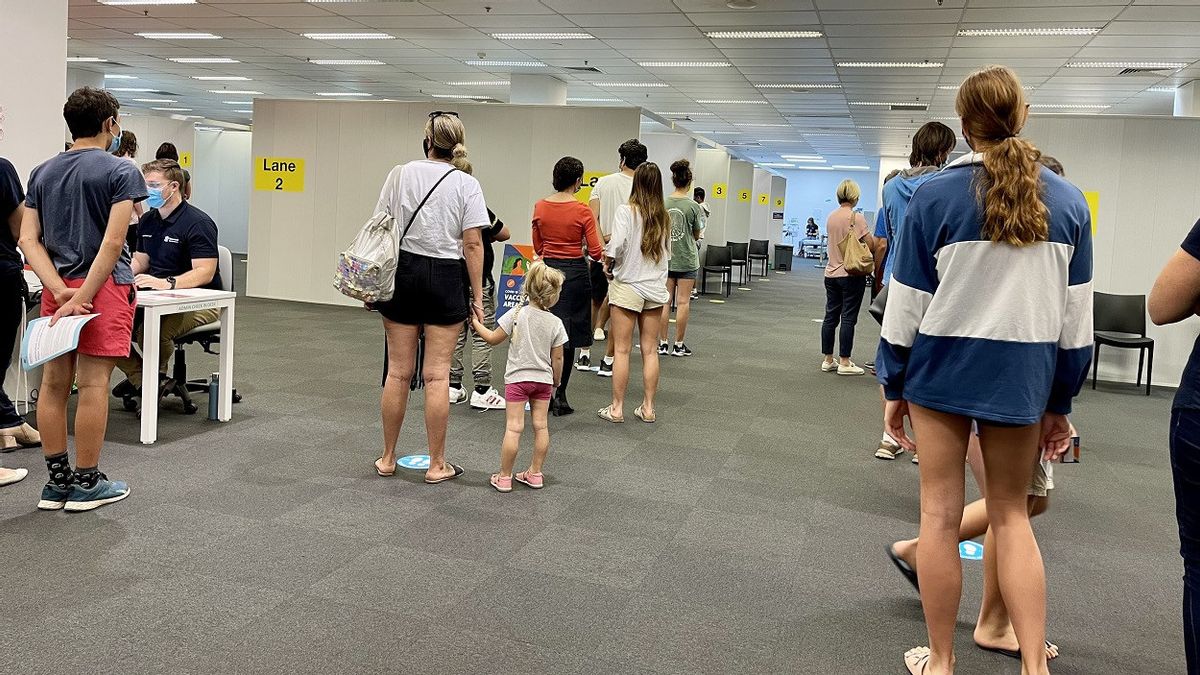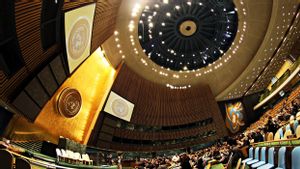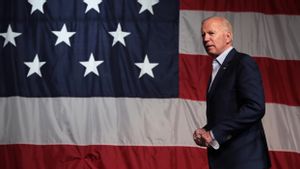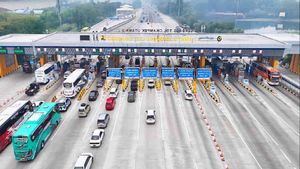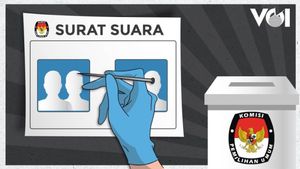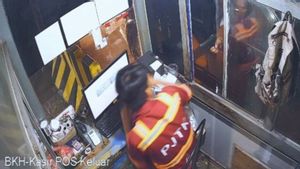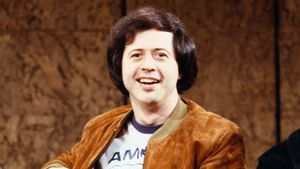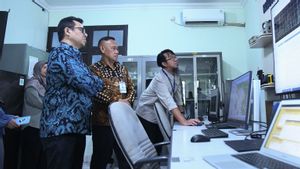JAKARTA - Sydneysiders who are not vaccinated against COVID-19 are at risk of being barred from social activities, including when home-lock orders are lifted next December, New South Wales Prime Minister Gladys Berejiklian said Tuesday.
Under the roadmap for exiting lockdown in Australia's largest city, unvaccinated people will experience a delay in release, as the lockdown will be lifted gradually from 11 October to 1 December.
PM Berejiklian said people who chose not to be vaccinated against COVID-19 could be barred from entering shops, restaurants, and entertainment venues even if all restrictions were lifted on December 1.
"Many businesses say they will not accept anyone who is not vaccinated. Life for the unvaccinated will be very difficult indefinitely," PM Berejiklian told Seven News, as quoted by Reuters on September 28.
The two-tier system, designed to encourage more people to be vaccinated, has been criticized for penalizing vulnerable groups who do not have access to a COVID-19 vaccine, as well as failing to provide real incentives for hesitant vaccines.
Pubs, cafes, gyms, and salons will reopen to fully vaccinated people on October 11 in New South Wales, home to Sydney, and more restrictions will be relaxed once 80 percent of its adult population is fully vaccinated, expected by the end of October.
Australia is pursuing a faster reopening through higher vaccination rates, although infections continue to occur, mostly in its two largest cities Sydney and Melbourne. Along with the capital Canberra, the three cities have been in lockdown for weeks.
The outbreak triggered by the Delta variant has divided state and territory leaders, with some leading virus-free states indicating they will oppose federal plans to reopen internal borders, once the adult population reaches 80 percent of vaccinations expected to be achieved by November.
Nationally, until now the Kangaroo State COVID-19 vaccination rate has reached around 52 percent. Federal Health Minister Greg Hunt welcomed the New South Wales roadmap, urging people to get vaccinated as soon as possible.
"The strongest possible reason for getting vaccinated is to save your life," Hunt said.
The number of COVID-19 cases recorded by Australia since the start of the pandemic topped 100.000 on Tuesday, with about 70 percent of those detected since a delta-fueled wave hit the country in mid-June.
New South Wales reported 863 new cases on Tuesday, up from 787 the day before, with seven new deaths. Neighboring Victoria reported 867 new cases, the biggest daily increase ever and four deaths.
SEE ALSO:
Meanwhile, the northeastern state of Queensland reported four cases, including the first mysterious case in nearly two months. Officials are racing to trace its source after an aviation worker, who has not traveled between states or overseas recently, contracted the virus.
Australia fared relatively well until the latest wave, but the vaccine's slow rollout has left it vulnerable to the more lethal Delta variant. Deaths stood at 1.256, but the death rate from the Delta variant was lower than last year due to higher vaccination rates among the susceptible population.
In New South Wales, the number of people hospitalized fell to 1.155 from 1.266 a week ago as the double-dose vaccination rate in people over 16 reached 60 percent in the state.
The English, Chinese, Japanese, Arabic, and French versions are automatically generated by the AI. So there may still be inaccuracies in translating, please always see Indonesian as our main language. (system supported by DigitalSiber.id)
